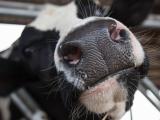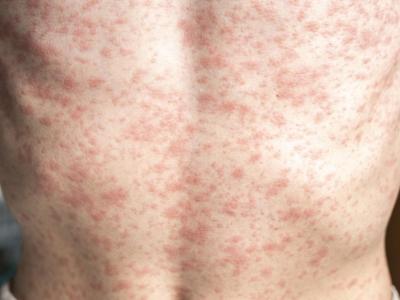Jul 15, 2010
DNA vaccine priming may provide broad-range flu protection
A study today in Science indicates that boosting the immune system with a DNA-based vaccine before giving a regular seasonal flu vaccine may provide protection against a wide array of influenza strains in mice, ferrets, and monkeys. The study, led by researchers from the National Institute of Allergy and Infectious Diseases (NIAID) of the National Institutes of Health (NIH), involved priming of the animals' immune systems with a vaccine made from DNA encoding the influenza virus hemagglutinin (HA) surface protein. After being primed, the mice and ferrets received a seasonal-flu booster vaccine or one made from a weakened cold virus (adenovirus) that contained HA influenza protein. Monkeys were boosted with the seasonal flu vaccine only. The prime-boost DNA vaccine stimulated an immune response to the HA stem. The stem, unlike the HA head, which can mutate and make the virus unrecognizable to antibodies, varies little
from strain to strain, meaning antibodies generated against it may be able to recognize and neutralize multiple strains. Although the DNA in the priming vaccine was derived from a 1999 flu virus, all the animals made antibodies capable of neutralizing seasonal flu strains from before and after that year as well. The two-step process also provided protection against flu subtypes other than H1, from which the vaccine was derived, including H5N1 avian flu. "Generating broadly neutralizing antibodies to multiple strains of influenza in animals through vaccination is an important milestone in the quest for a universal influenza vaccine," said NIAID Director Anthony S. Fauci, MD, in an NIH news release. Lead author Gary J. Nabel, MD, PhD, of NIAID said, "We may be able to begin efficacy trials of a broadly protective flu vaccine in 3 to 5 years."
Jul 15 Science abstract
Jul 15 NIH
press release
Canada approves FluMist vaccine
Health Canada yesterday approved AstraZeneca's nasal-spray vaccine FluMist to protect against seasonal influenza in those aged 2 to 59 years, according to the Globe and Mail. It uses an attenuated, or weakened, form of the virus to induce an immune response to flu. Each province will determine its use. An official with AstraZeneca Canada said the company has notified the provinces of the approval of the vaccine, which has been used in the United States since 2003. This year's seasonal vaccine includes the pandemic H1N1 strain.
Jul 14 Globe and Mail article


















